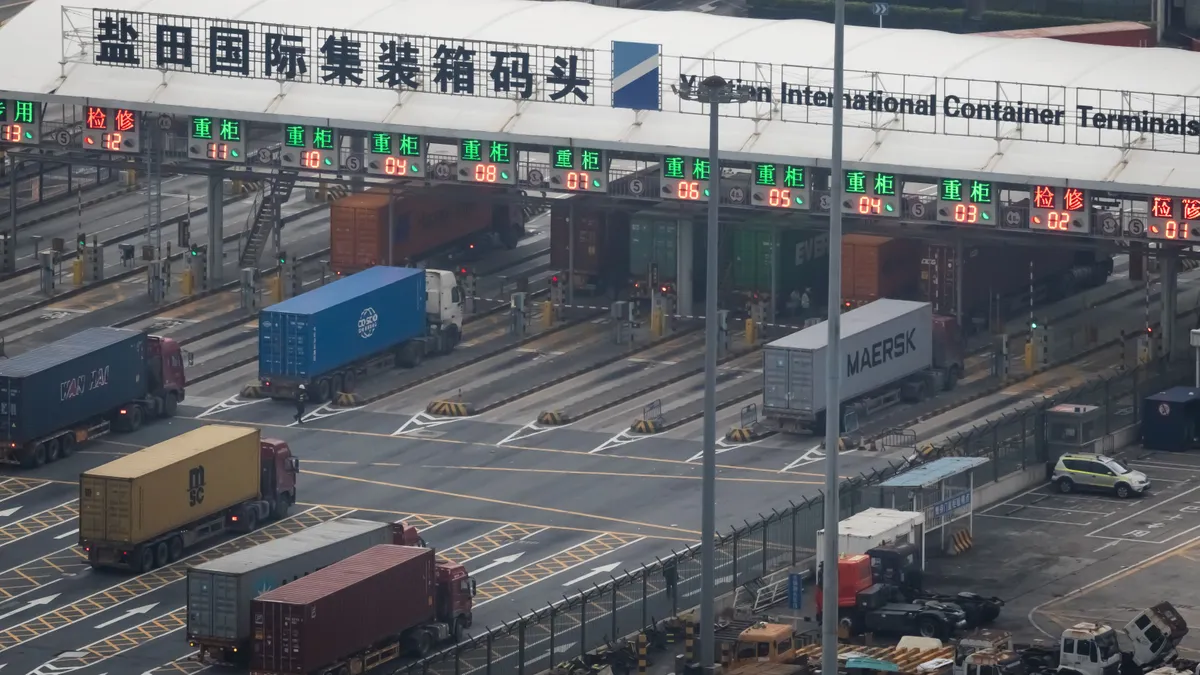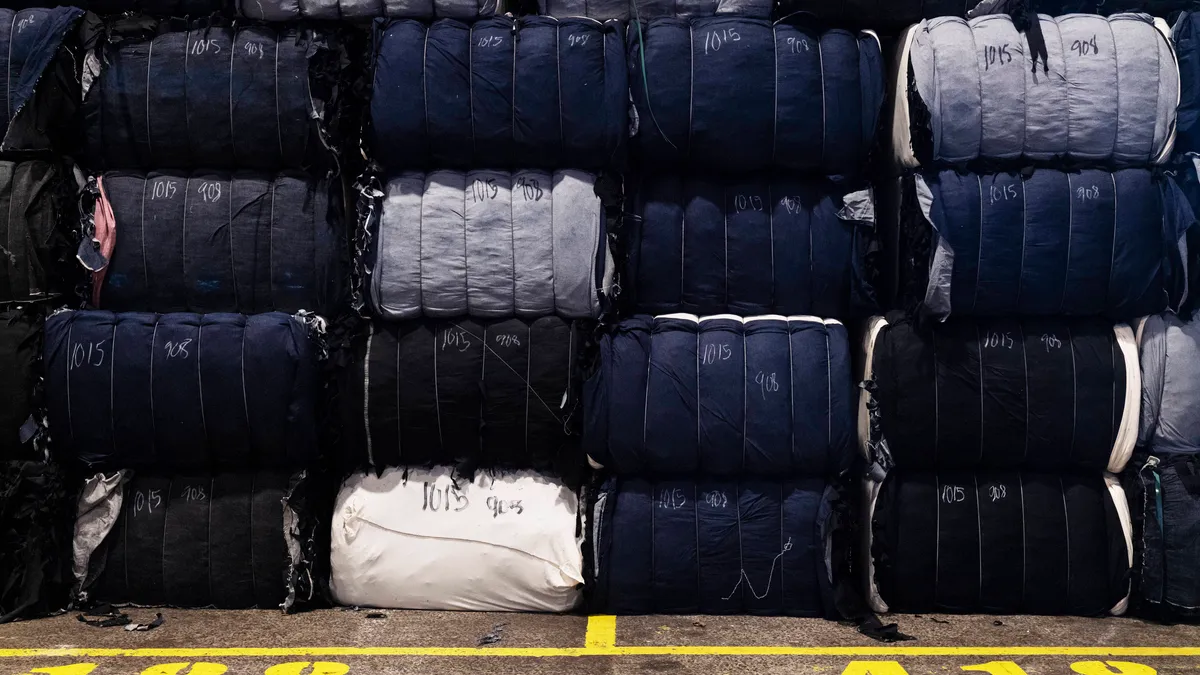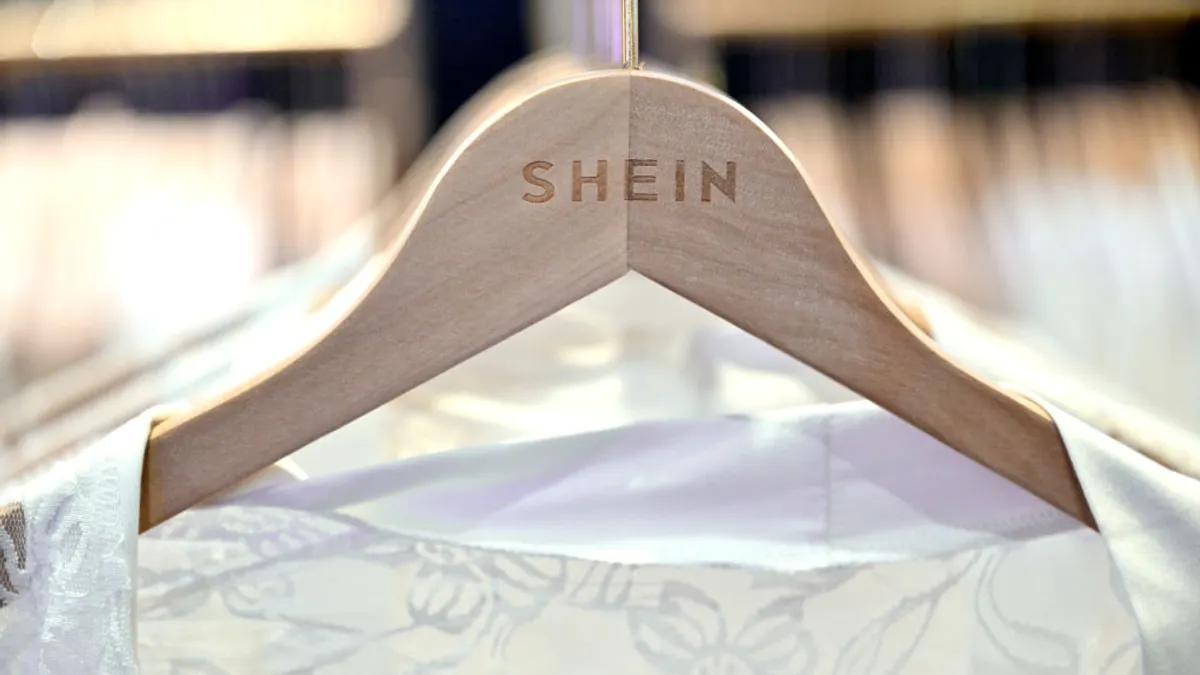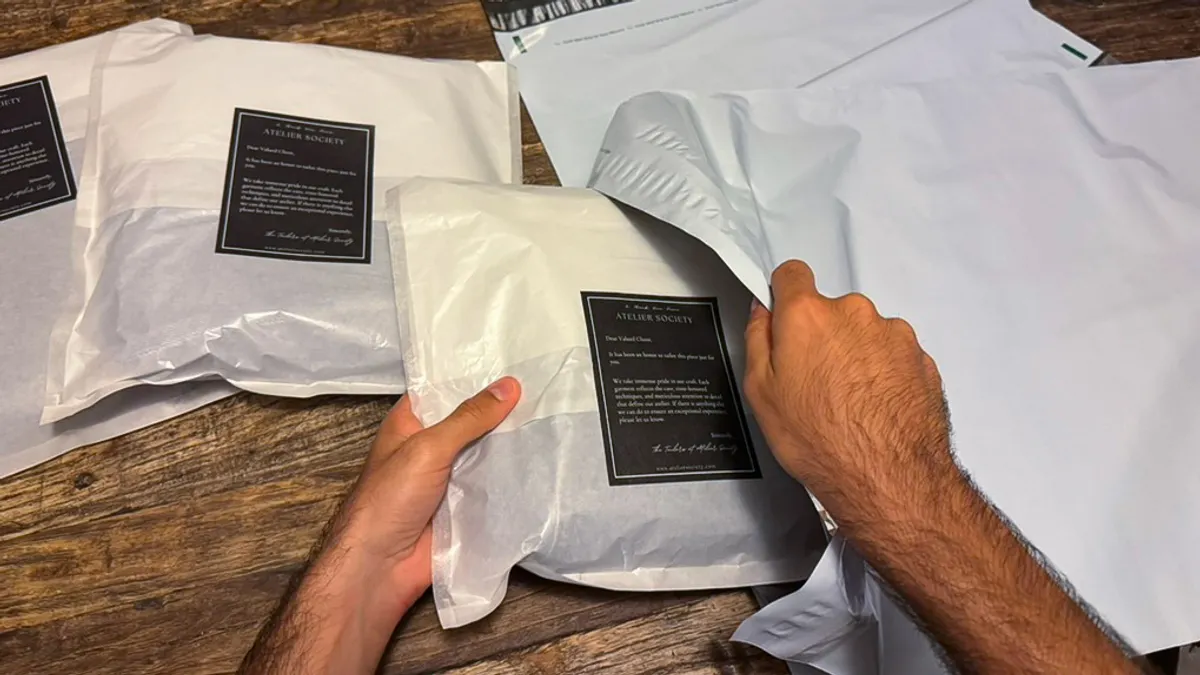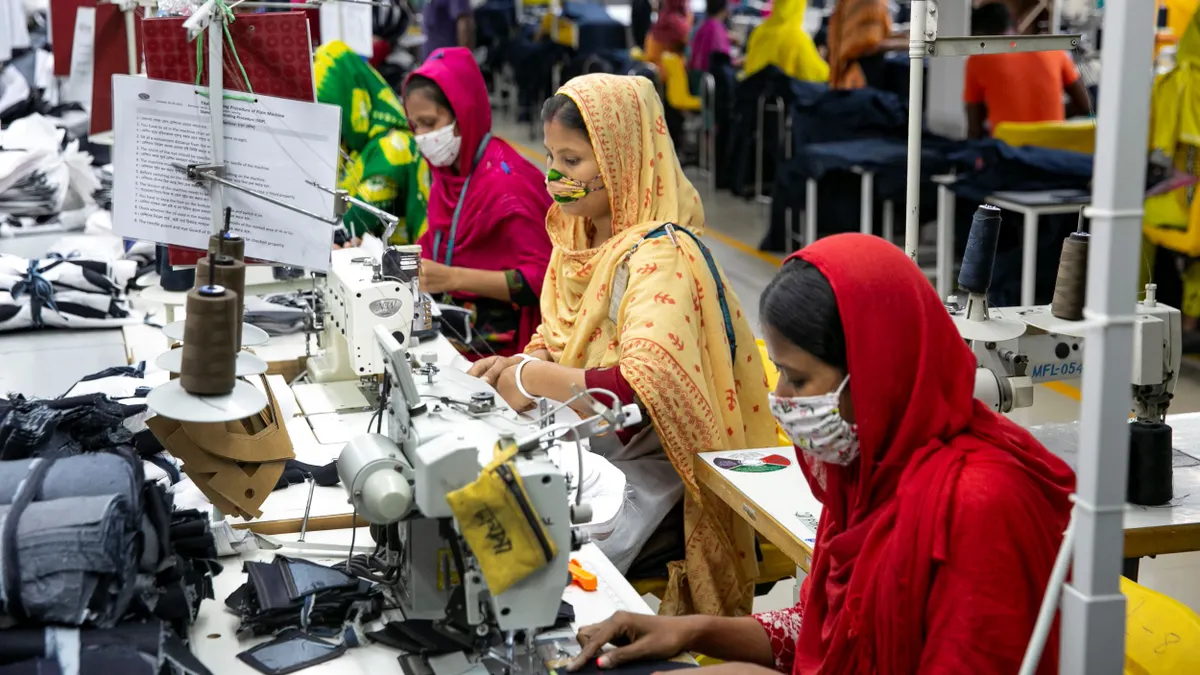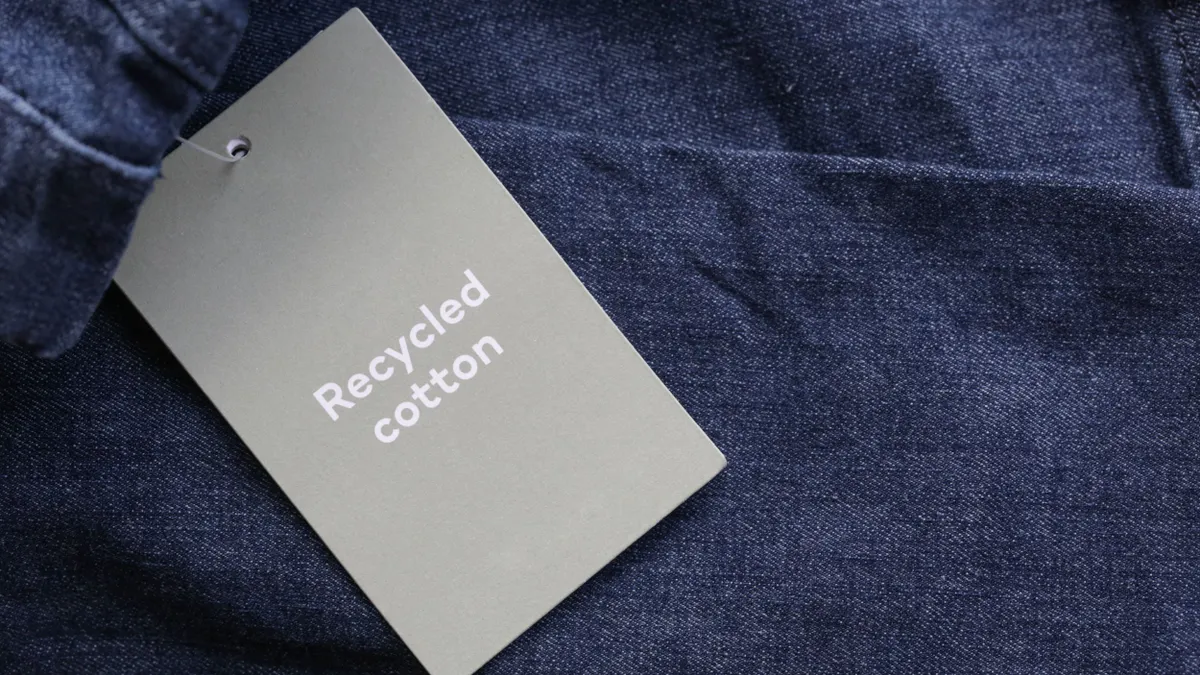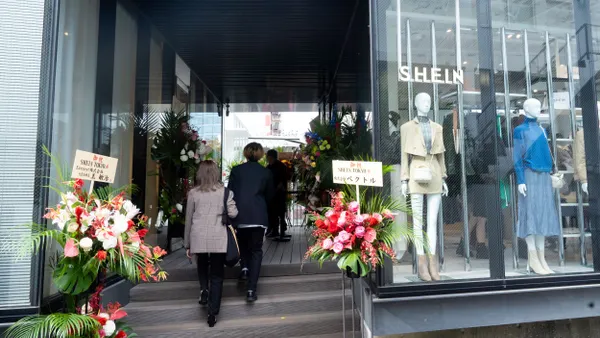Shein was fined 1 million euros ($1.16 million) by the Italian government for using misleading environmental claims in the promotion and sale of Shein-branded clothing. The fine stems from an investigation that was launched last year by the Italian Competition Authority, a regulator known as the ACGM.
The investigation found that Shein’s claims in the “#SHEINTHEKNOW,” “evoluSHEIN,” and “Social Responsibility” sections of the company’s website included statements that were vague, generic and overly emphatic, and that, in other cases, Shein omitted or gave misleading information, according to a press release from the Italian agency on Monday.
On the same day as the AGCM announcement, Shein separately released plans to lower supply chain emissions at its warehousing and logistics operations in China and divert waste from landfills.
Italy’s investigation into the company began in September 2024, when the competition regulator said that consumers had an increased interest in the impact of their consumption choices on the environment.
The investigation took issue with Shein’s claims related to circular design and product recyclability, which the AGCM said were false or confusing.
The fast fashion company’s promotion of the “evoluSHEIN” clothing line used the term “green fibers” without clearly indicating the environmental benefits of the products, and Shein didn’t specify that the line is marginal compared to all of its other products, according to AGCM. The claims also could lead consumers to believe that the collection is entirely recyclable, which is untrue.
In Shein’s Social Responsibility section, the fast fashion company’s claims that it would reduce greenhouse gas emissions 25% by 2030 and eliminate them entirely by 2050 are generic and vague. The Italian authority said that these figures were contradicted by Shein’s greenhouse gas emissions rising in 2023 and 2024.
“We have cooperated fully with the AGCM throughout this process and took immediate action to address the concerns raised as soon as we became aware of them,” a Shein spokesperson said in an email. “We have strengthened our internal review processes and improved our website to ensure that all environmental claims are clear, specific, and compliant with regulation.”
In a different announcement on Monday, Shein said it was integrating new energy vehicles into its interwarehouse transportation system in China.
The fast fashion company is developing a 9.6-meter electric vehicle that will work as an alternative to its current fleet of 6-meter diesel trucks. Shein said it was working with several logistics and technology partners to develop the vehicle, but it didn’t identify them.
This year Shein plans to deploy more than 130 vehicles across its warehousing and logistics operations in China. This plan, the company said, could lead to a nearly 10,000 metric tons reduction of carbon dioxide annually, and create cost savings of 20% to 30% compared to diesel vehicle operations.
Shein said its logistics model, which involves frequent short-distance trips and lightweight items, makes it well-suited to pilot and scale electric vehicles.
“SHEIN recognises that more needs to be done to better manage its impact on natural resources and the environment and is actively seeking opportunities to collaborate with partners across the industry to drive further progress,” the company said in the release.
In addition to the new energy vehicles, Shein said it would implement other measures to enhance its logistics efficiency.
Shein plans to optimize its global logistics network with route planning for multimodal routes to reduce emissions. It also plans to optimize air freight capacity by developing new loading frames and introducing lighter, reusable gunny sacks to reduce packaging weight.
The company said it would expand its use of electric delivery vehicles in regions such as Europe, and promote self pick-up locations where available.
In addition, Shein announced that four of its managed facilities achieved a Zero Waste to Landfill certification, bringing the total of Shein facilities with this certification to seven.
“By gradually standardizing the waste treatment methods at its self-operated facilities, SHEIN has implemented a range of waste management processes that have helped all seven of its zero waste to landfill certified sites to achieve an average waste diversion rate of 99.59%, including energy recovery,” the company said in the release. “This means that almost all of the waste generated at the certified sites is reduced, reused, recycled or converted into energy.”





